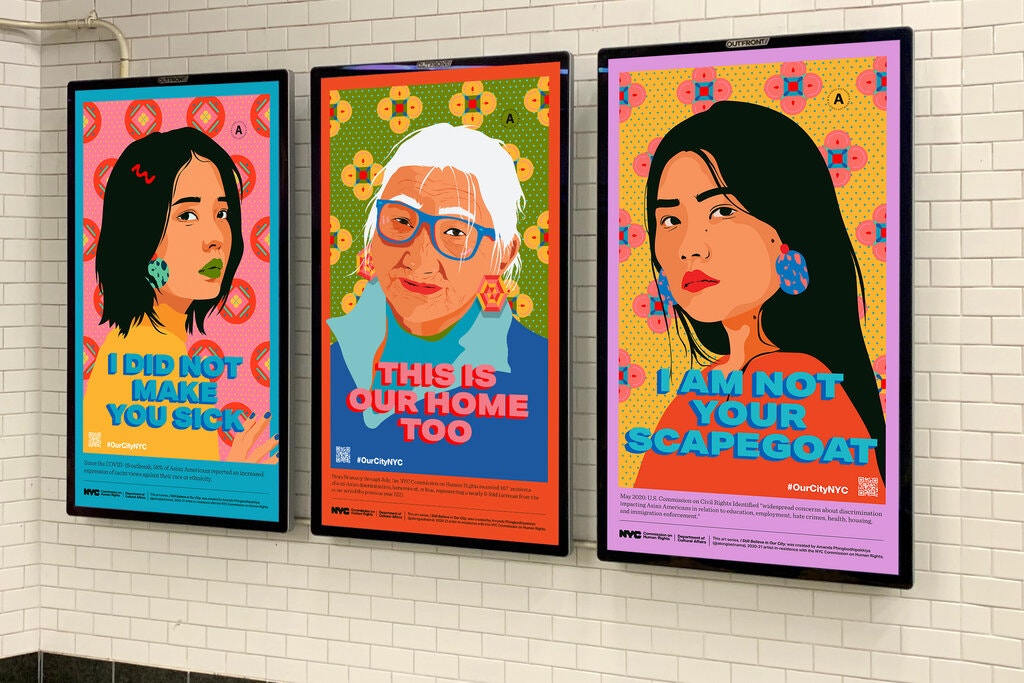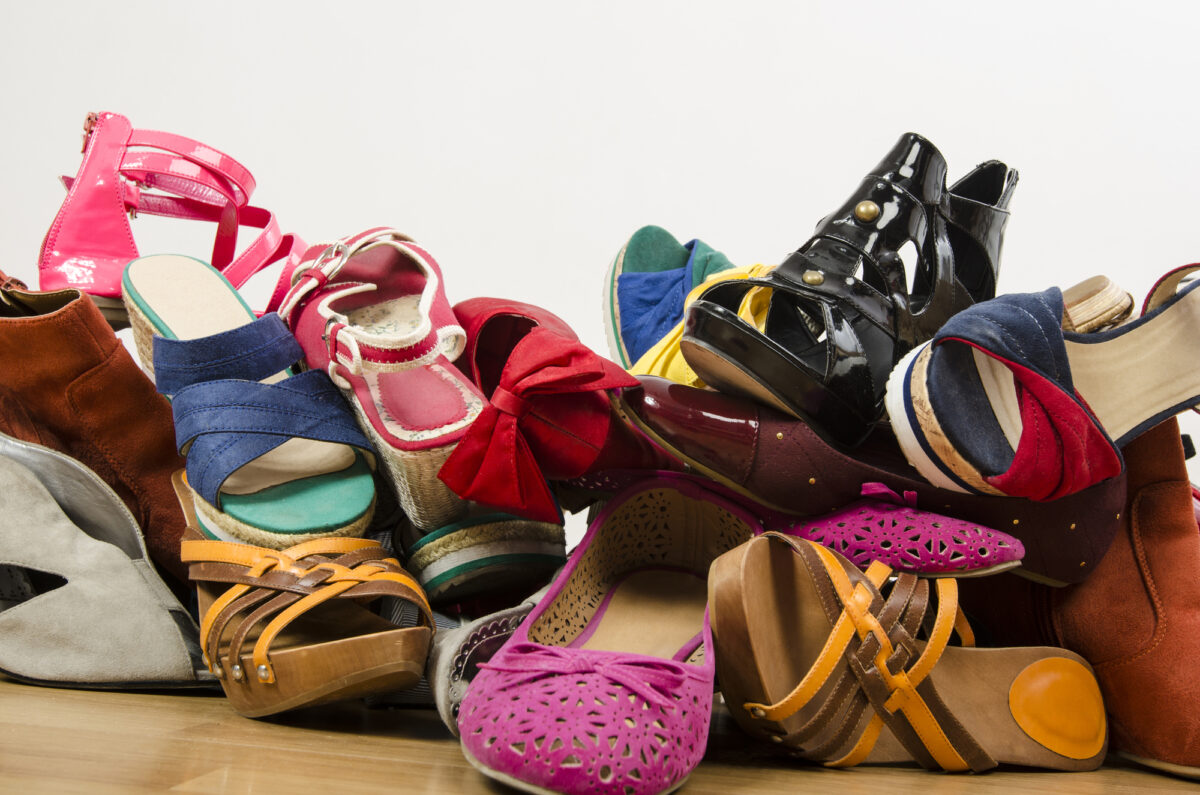A joint study by the National Asian Pacific American Women’s Forum (NAPAWF) and Stop AAPI Hate finds that Asian American women are twice as likely as Asian American men to self-report being targeted in anti-Asian hate incidents. Further, NAPAWF reports that in a separate poll surveying 3,500 Asian American and Pacific Islander (AAPI) women, nearly four out of five Asian American women say that anti-Asian racism has affected their lives – for many, the impact has been significant.
Most strikingly, that survey found that half of all Asian American and Pacific Islander women have personally experienced a specific incident of anti-Asian racism in the last two years.
Nearly four out of five Asian American women say that anti-Asian racism has affected their lives – for many, the impact has been significant.
Roughly 80% of the anti-Asian hate incidents reported to Stop AAPI Hate in the last year and involving Asian American women targeted East and Southeast Asian Americans, and verbal harassment was the most prevalent of the types of incidents. However, roughly 10% of reported incidents involved physical assault. Most incidents took place in public areas such as businesses and public streets, additionally, approximately 10% of incidents took place online.
Most of the anti-Asian hate incidents that Asian American women experienced targeted the victims’ race, ethnicity, and gender — a finding that the study investigators say reflect the intersectional nature of Asian American women’s political identities.
The new study comes just two months after a mass shooter killed eight people in Atlanta, Georgia in an attack that appeared to target Asian American women. Fulton County prosecutors have announced they intend to pursue hate crime charges against that shooter. Just a month later, a second mass shooter killed eight people at a Fedex warehouse in Indianapolis, including four South Asian American Sikhs.
Half of all Asian American and Pacific Islander women have personally experienced a specific incident of anti-Asian racism in the last two years.
Yesterday, President Biden signed into law the COVID-19 Hate Crimes Bill – introduced by Representative Grace Meng (D-NY) and Senator Mazie Hirono (D-HI), a bill that also addresses anti-Asian hate crimes. However, over 100 Asian American and LGBTQ groups have stated their public opposition to that legislation, noting that it offers mostly a carceral solution through its strengthening of the Department of Justice. They say that these measures are likely to significantly threaten Black and Brown communities.
Stop AAPI Hate also said that while it supports the COVID-19 Hate Crimes Bill’s investment in community-based organizations, the bill fails to reflect how most Asian Americans are experiencing anti-Asian hate. They say in their statement:
We are in support of the included investments in community-centered solutions and provisions to mitigate anti-Asian rhetoric, which we know sparked COVID-related hate incidents.
However, because the Act centers criminal law enforcement agencies in its solutions, it will not address the overwhelming majority of incidents reported to our site which are not hate crimes, but serious hate incidents.
In their study, NAPAWF and Stop AAPI Hate recommend several policy changes to address the anti-Asian hate incidents experienced by AAPI women. These include increasing the language access and cultural competency of social services, further investing in community-based service organizations, and disaggregating demographic data to reflect the ethnic diversity of the AAPI communities.


